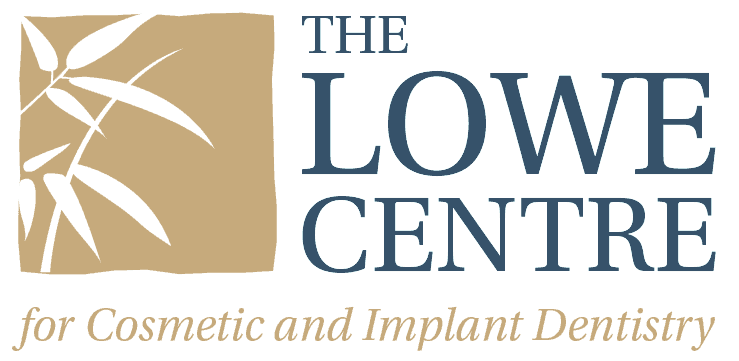We all know the saying “it runs in the family”! Many health issues do run in the family and are passed through our genes, even bad teeth! Recent studies have shown that health of your teeth depends on a combination of genetics and dental hygiene.
We all know that person – friend of family – who eats a tons of candy, or bad food and never brushes or flossed their teeth, but rarely (if ever) has a cavity. Then there are those of us who floss regularly, yet still end up breathing in the laughing gas once or twice a year.
Although genetic dentistry is still in its infancy stage, scientists have identified five areas where genes play a role in tooth decay:
- Sweet preference
- Tooth enamel
- Taste ability
- Saliva strength
- Microbiome
Sweet Preference
Who doesn’t like sweets? Well some of us do and others don’t. Can you remember a time as a child, wishing and wanting all those sweets in the candy aisles…well, that may have been your genetics urging you on. Studies have shown that a “sweet preference” can run in our genetic makeup. Therefore, most will be more likely to develop tooth decay.
Tooth Enamel
Genes are the main determinant of your tooths enamel structure, therefore they have a big impact on your overall oral health and issues. The softer your tooth enamel, the more susceptible to tooth decay and other tooth issues with your teeth such as cavities.
Taste Ability
Recently, a study found that an identified gene variant can determine certain ‘tastes’ – like cilantro or cinnamon – would be enjoyable or not. “Taste ability” is a measure of the variety of things you can taste — not simply whether you are genetically predisposed to enjoy certain flavors, but also whether you are able to perceive certain flavors. This is a complex process that includes your tongue and is inextricably linked to your sense of smell.
Studies show the greater the variety in your genetic taste ability profile, the less likely you are to develop tooth decay. Whether that’s because more variety leads to fewer sweets, or whether there are other reasons, is not yet clear, but scientists are continuing to study the connection.
Saliva strength
Calcium, potassium and other elements are important for strong healthy teeth that resist tooth decay. But it’s not as simple as eating the right foods; these elements must be properly metabolized to be useful. Your saliva plays a big part in this process, and scientists have identified gene variants that make some people better at it than others.
Microbiome
There’s a whole field of study called microbial ecology that looks at the various communities of bacteria that live in the human body. Yeah, that’s right, communities — plural. In your mouth alone there are separate communities of bacteria on your tongue, on the surface of your teeth and below your gum line. Together, these communities makeup what is known as your microbiome.
